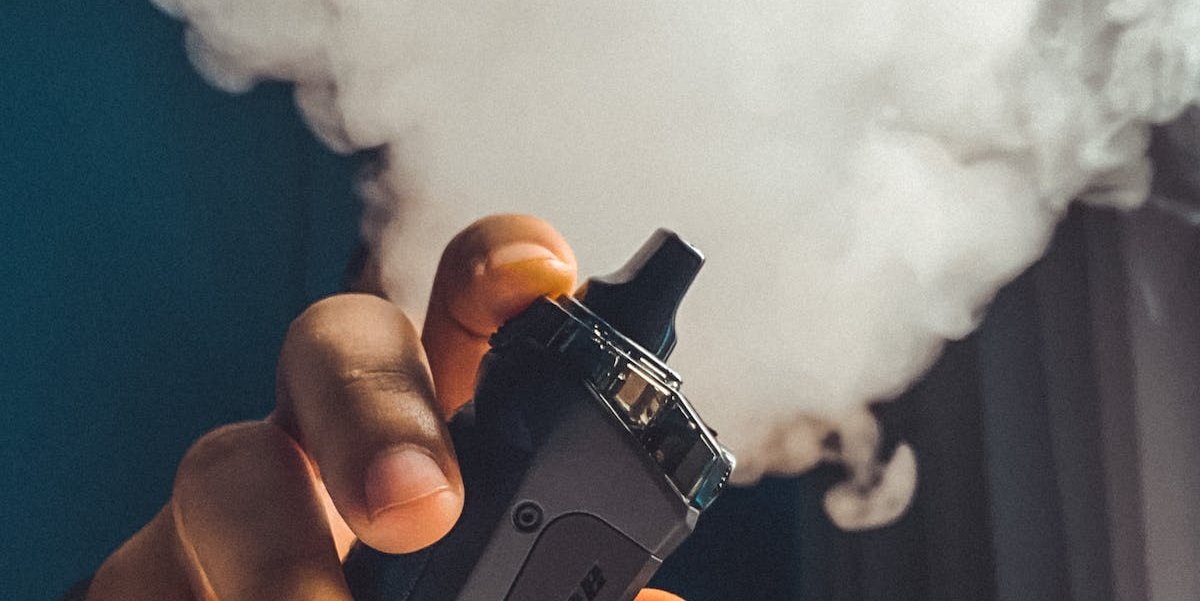But the MP’s report gives this summary definition of fake news; “There are many potential threats to our democracy and our values. One such threat arises from what has been coined ‘fake news’, created for profit or other gain, disseminated through state-sponsored programmes, or spread through the deliberate distortion of facts, by groups with a particular agenda”.
https://www.bbc.co.uk/news/technology-44995490
And that is certainly applicable to governments and campaigning groups often working in concert and backed by significant funding streams to undermine attempts at promoting tobacco harm reduction through access to safer nicotine products. Supposedly reputable and influential national and international health organisations are able to feed harm enhancing reporting through a chain of medical and academic journals and onto to a sensation-hungry media looking for impending doom made all the more inviting where Big Tobacco might be involved.
Even when a news outlet actually seeks ‘balance’ in its reporting on e-cigarettes and similar products, it can often end up unwittingly pitting weak science against strong science because modern day sound-bite journalism rarely allows for detail and so works to the advantage of the smoke and mirrors that cloud and obfuscate the evidence-base. It is too easy to present the issue as experts of equal credibility, but with opposing views just slugging it out.
On which subject the Philippine Department of Health (DOH) has decided that vaping is very precisely three times more harmful than smoking. And the evidence for this statement is….?
https://news.mb.com.ph/2018/07/28/vaping-more-harmful-than-cigarettes-doh/
------------------------------------------------------------------------------------------------------------------
Apparently some ambulance chasing lawyers in the USA are eager to sue JUUL on behalf of clients who say that using JUUL got them addicted to nicotine. This should make for an interesting deposition (if that’s the right legal term). If these now hopelessly addicted JUUL users are ex or duel users, then they are likely already ‘addicted’ to nicotine and if they are among the tiny number who have never smoked, try reading the label. The plaintiff lawyers will have to demonstrate that being ‘addicted’ to nicotine is physically damaging sufficient to warrant financial compensation. Good luck with that. There is the psychological ‘damage’ say for example, guilt or shame felt by individual that they are dependent on nicotine and may face criticism from those around them. But that’s an argument around moral judgment rather than legality (product liability and so on).
Article here about the dangers of passive smoking for pregnant women in low and middle-income countries where indoor smoking bans are patchy at best. One country is singled out – Pakistan – where, according to the article, passive smoking causes 17,000 stillbirths every year. Import and sale of e-cigarettes is permitted, but according to the Vapetrotter directory, very few sales outlets. Back in 2013, an article was published in a Pakistani academic journal calling for more research. But all the authors were from India whose track record on safer nicotine products is woeful. And since 2013, there has been plenty of independent research, not least on the absence of second hand vaping problems. WHO of course guilty of the sin of omission as it is on all aspects of tobacco harm reduction, so no help there to encourage smokers from Pakistan to switch.
http://jcpsp.pk/archive/2014/Apr2014/15.pdf
-----------------------------------------------------------------------------------------------------------------------
Writing in the South African City Press, a tobacco retailer said that “The proposed Control of Tobacco Products and Electronic Delivery Systems Bill, currently open for public comment, seeks to limit the marketing and information that retailers can give to customers around reduced risk products, such as e-cigarettes and heat-not-burn technologies. This will prevent converting millions of smokers to alternative products and thwart the opportunity to save lives”.
“Up until now, by allowing different manufacturers to market their products to potential customers, it has led to vibrant competition between brands and devices. This has driven innovation, with continuous improvements in technology and quality of reduced risk products over the past decade to the point where they now have mass appeal. This highly competitive operating environment has also driven down prices for consumers relative to traditional cigarettes and made the devices more accessible to many more users. There are better ways to stop young people taking up the habit than repressive point-of-sale restrictions on information and marketing.”
Also out of Africa is the decision by the South African Competition Commission to block the takeover of Twisp, South Africa’s largest e-cigarette manufacturer by BAT. The Commission said that BAT could easily enter the market without the merger. Allowing the deal to go through they argued would stifle competition and push up prices.
-------------------------------------------------------------------------------------------------
This attack from Australia on tobacco harm reduction generally and GFN in particular as (yawn) stooges of Big Tobacco. Couple of points from the usual diatribe;
“The medical profession is uniquely trusted and influential in health….” Should smokers really trust the doctors who wish to deny them access to safer nicotine products?
Tobacco companies simultaneously work to promote cigarette smoking and undermine tobacco control globally. Doctors should think carefully about both the conflicts of interest and ethics of endorsing these products – and stub it out.
So the use of safer nicotine products simultaneously promotes cigarette smoking and undermines tobacco control globally? Well, the first bit of that sentence is rubbish and as for the second bit, if the direction of travel of global tobacco control is all about regulating tobacco harm reduction out of existence on spurious moral grounds then challenging policies that contravene the universally agreed right to health for all citizens is perfectly valid.
https://www.amawa.com.au/blog/toxic-friendship-big-tobacco-and-the-medical-profession/
